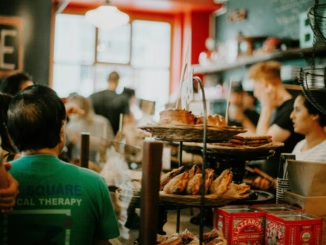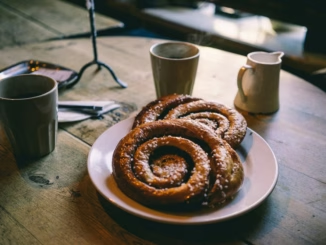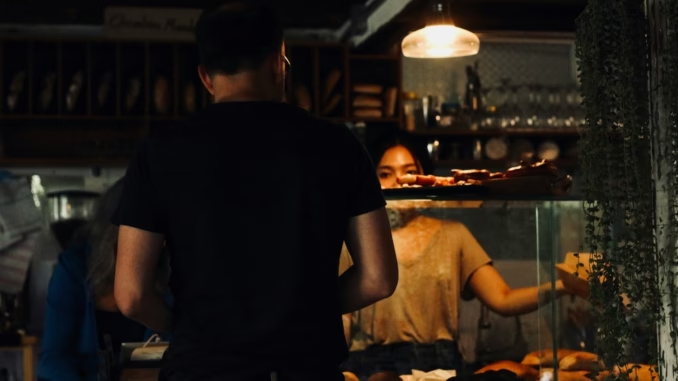
Coffee and pastries—is it possible for an establishment to do both well? We discuss whether the café-bakery business model is sustainable.
BY EMILY JOY MENESES
ONLINE EDITOR
Featured photo by Honey Fangs
Nothing complements a cup of coffee better than a well-made pastry, but is it possible for a café to make both well? Recently, more specialty-coffee shops are adding baked goods to their menus, leaving one to wonder how these establishments can do both without sacrificing quality.
Today, we’ll explore whether or not the café/bakery model is sustainable, and hear from coffee shop owners who have made the transition into the baking world and why.
Café Turned Bake Shop: A Necessary Choice?
Some café owners are sharing that they were led into the bakery world not necessarily by choice, but more so by a need to keep their business sustainable. “We (operate as both a coffee shop and bakery)—I did it to survive,” says Rich Lee, co-founder of San Francisco’s SPRO Coffee Lab. “A small business with low profit margins really shouldn’t keep tossing end-of-day pastries when we don’t even make much money on (them).”
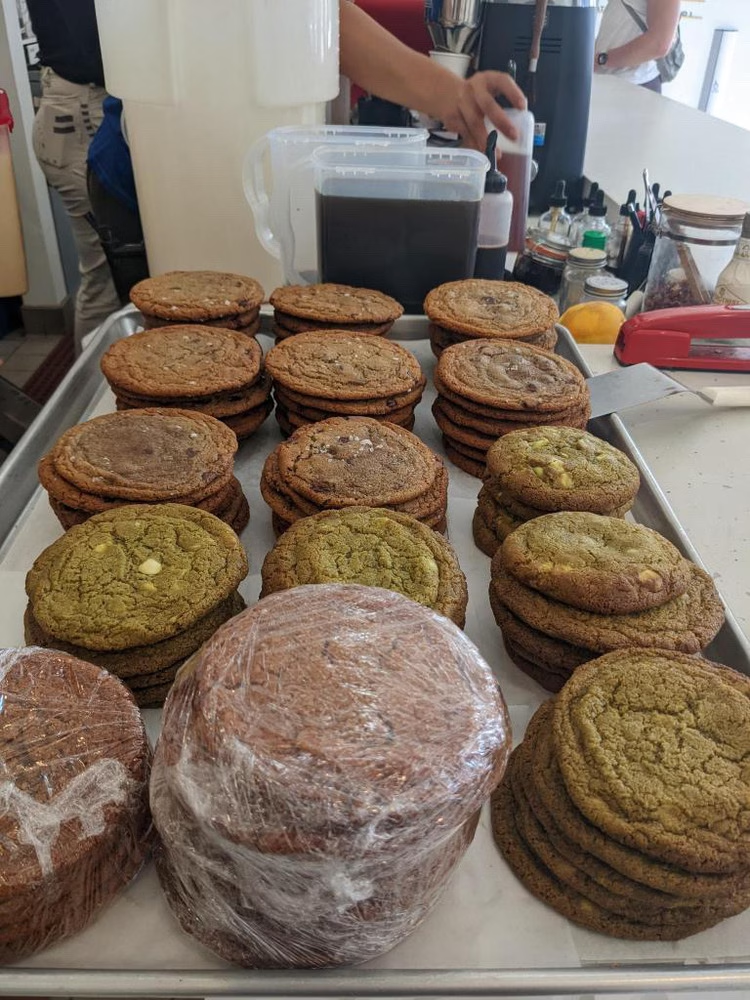
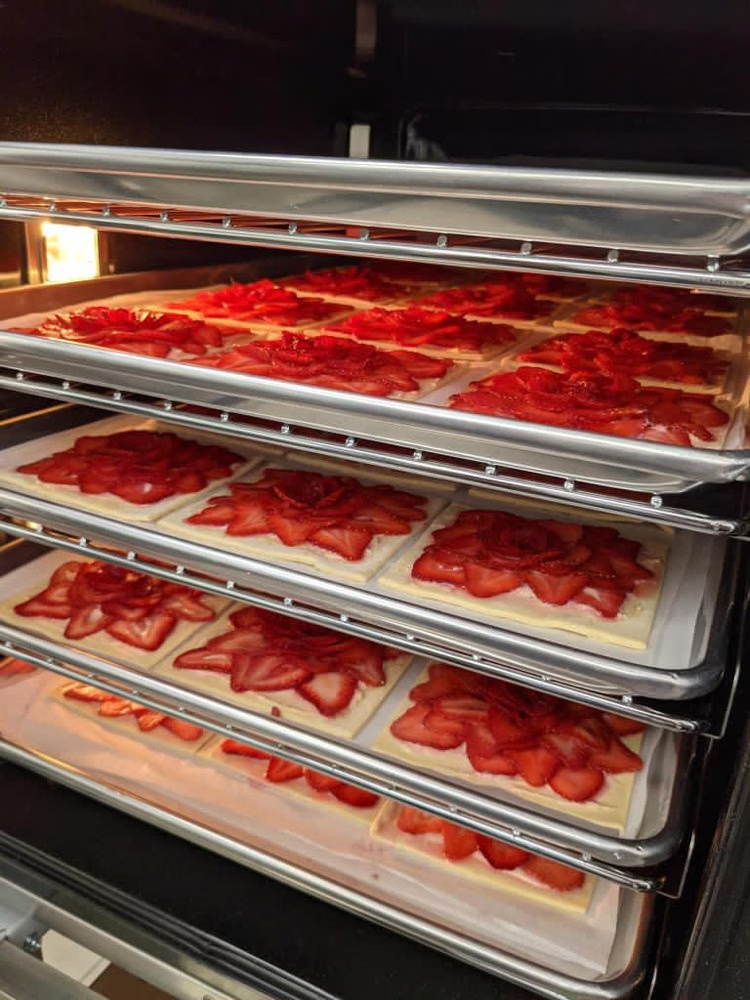
“I don’t have a cooking background, but I followed cookbooks and YouTube videos,” Rich continues, explaining how he expanded from coffee into baking. “I baked around a couple hundred recipes and really landed on a bunch of hybrids I created. This saved my business in the pandemic and continued until I was able to afford a full-time baker. I wouldn’t want to buy pastries. It just doesn’t make sense.”
Originating as a proof-of-concept lab, SPRO now operates out of four locations throughout San Francisco. The coffee shop’s pastry menu features crowd favorites like cornflake and bourbon sugar cookies, strawberry guava pillows, and flaky croissants adorned with bacon and egg.
A Mutually Beneficial Decision
On the other side of the coin, bakery owners are sharing how implementing coffee into their own business models has helped them attract and maintain clientele. “We’ve been making (our pastries) from scratch since 1965, using the same recipes the whole time—it feels great to participate in a time-tested craft,” says Holly Prairie, co-owner of Seattle-based Nielsen’s Pastries. “Building a coffee program alongside (our bakery) has been great for business and makes us a one-stop shop, which really helps us engage with our customers more and build a wonderful community space.”
Alongside impressive house-made items like braided, cardamom-dusted loaves, apple cinnamon rolls, almond macarons, and more, the Danish bakery serves traditional espresso-based drinks—the perfect counterpart to their baked goods.
Lisa Whitehead of Eugene, Ore.’s Southpine Bakery & Café shares similar sentiments, explaining how adding coffee service to her bakery model helped her establishment stay afloat throughout the pandemic. The bakery and café serves up coffee from Tailored Coffee, a roastery also local to Eugene.
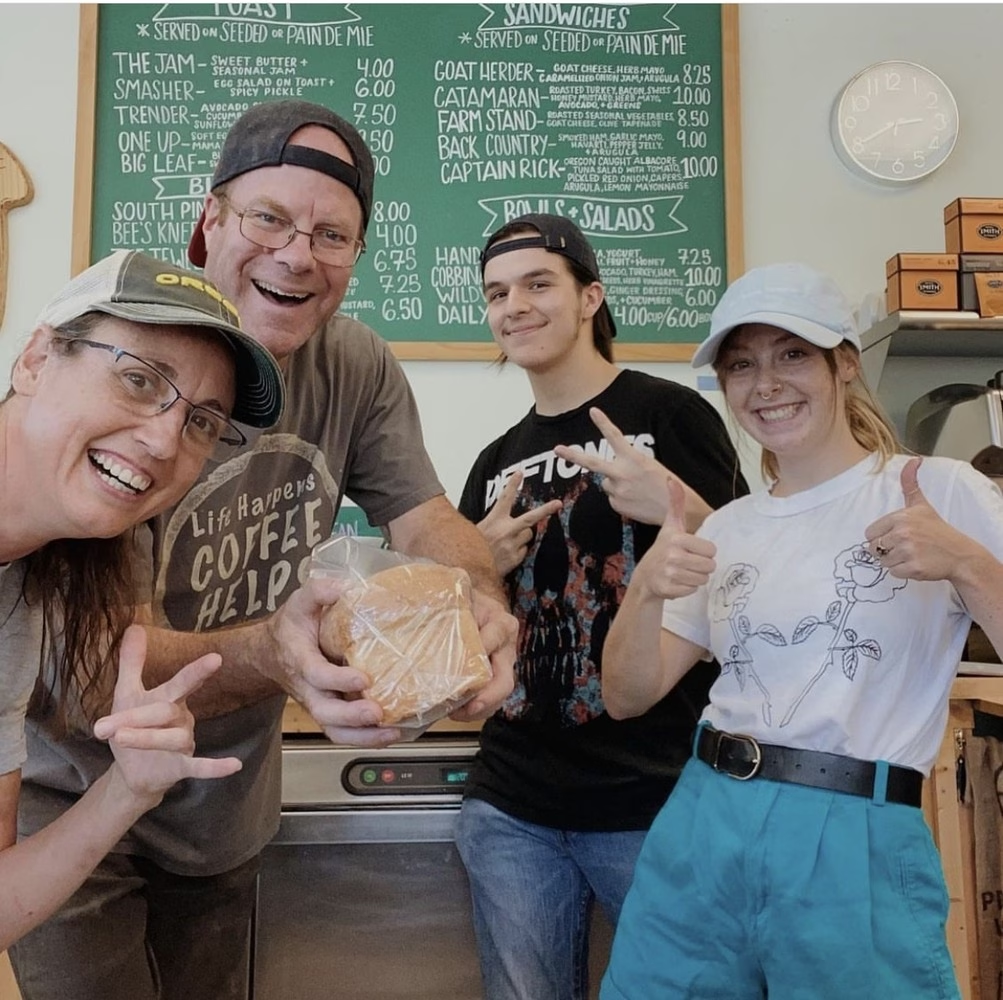
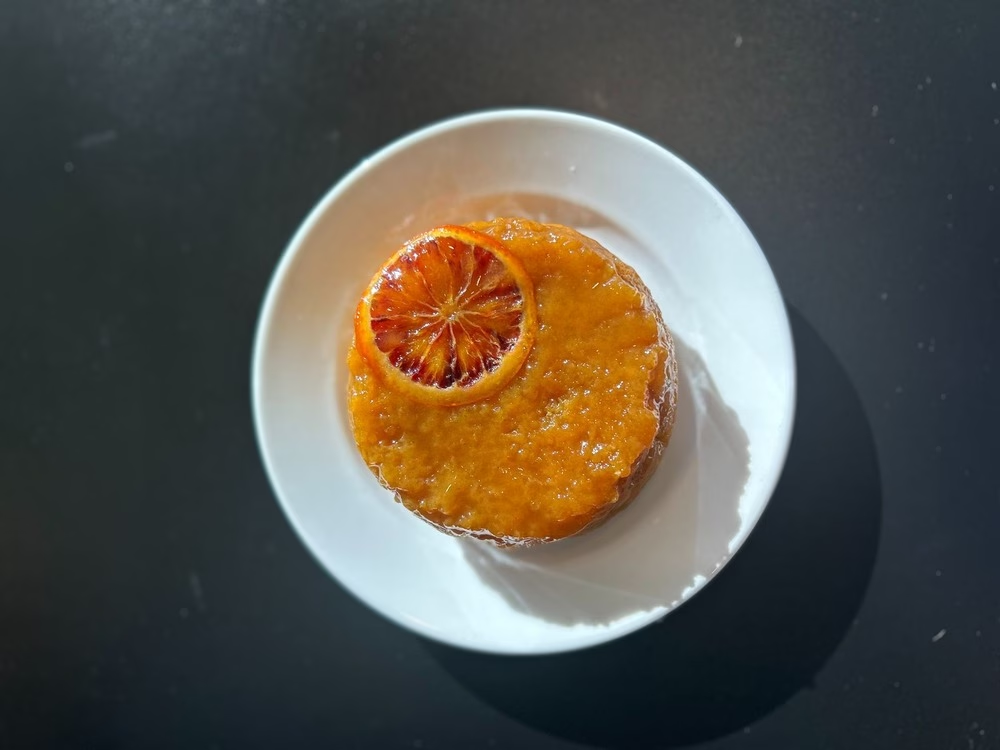
“We moved into a coffee shop pre-pandemic, and everything shut down the same week we were due for our opening inspection. This actually gave us a bit of time to rethink a coffee shop and its capabilities,” Lisa says. “My husband and I bake every morning. … We offer meals during holidays and try to be a part of the community while creating a community for others.”
“We only have five employees—it’s a tight ship,” she continues. “Our belief is that you can’t sustain (a business) any longer just doing coffee with the costs we have today.”
Embracing the Change
While expanding from a coffee shop into both a café and bakery can seem like a daunting task, many are taking the risk and running with it. Omaha, Neb.’s Zen Coffee Company, for example, made the shift right before the first onset of COVID in 2019, and while the decision was initially prompted by a desire to cut costs, it has since proven to be a beneficial move. The café now offers a wide variety of house-made pastries, including scones, muffins, and coffee cake.
“Back then, (our decision to start baking) was to save money, but it’s (become) something we really thrive in,” co-owner Abby McLeay says. “I think if you’re able to do it, any coffee shop should.”
Subscribe and More!
As always, you can read Barista Magazine in paper or digital format. Read the December 2024 + January 2025 issue for free with our digital edition.
And for more than three years’ worth of issues, visit our digital edition archives here.



